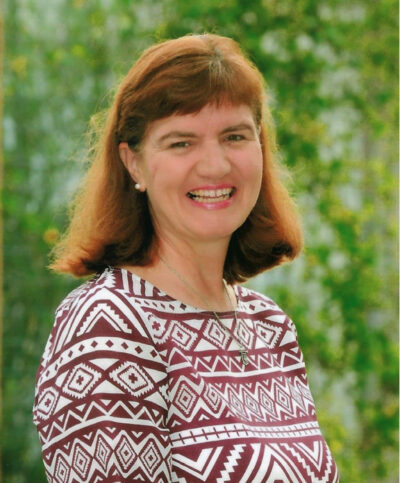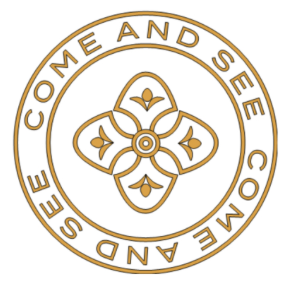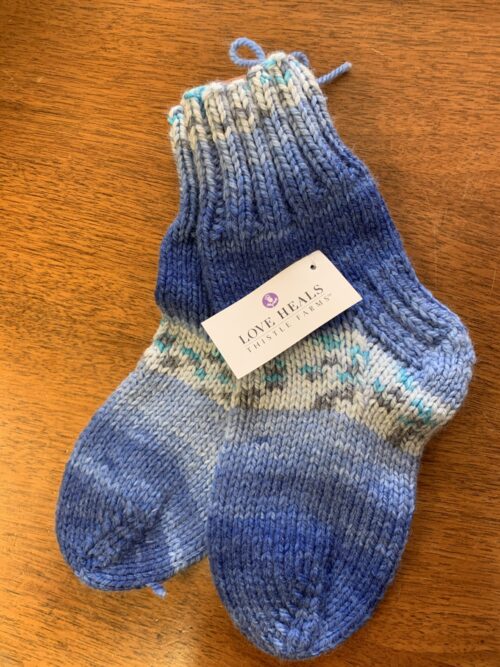SPEC’s Response to COVID-19
Greetings in the name of our Lord Jesus Christ:
By now you are acutely aware of the novel coronavirus and its associated illness COVID-19. This is a respiratory illness that has now been categorized as a pandemic by the World Health Organization.
We need to be vigilant and proactive, without giving in to fear or panic, in our personal and corporate responses to the spread of COVID-19 while maintaining as best we can our common life and worship. Our Presiding Bishop, The Most Reverend Michael Curry, is supporting local changes to eucharistic practices and worship schedules.
I have spent the last few days reviewing our current liturgical practices in light of guidelines from Bishop Reed, The Episcopal Church, Episcopal Relief and Development, and the CDC. I’ve also had a couple of conversations with Dr. Baber. My goal in this is to find a balanced and measured response that will maximize your health and safety, and minimize the chances of spreading the virus during worship or other communal gatherings. In that regard, I am making some changes in our liturgical practices and offering some general information about COVID-19.
Liturgical Changes at St. Philip’s
Worship and Events: We will continue with our regular schedule of worship, classes, lenten programming, and events. The nursery will continue to be available on Sundays. As long as you are feeling well, not experiencing the symptoms identified above, and are not aware of contact with people or places with known exposure to the virus please continue participating in our worship and communal life. Stay home if you are not feeling well, and get medical care.
Holy Water: The baptismal font and the bowl next to the votive candles in the narthex will no longer be filled with holy water. For now small containers of holy water will be placed in the baptismal font. Please feel free to take one for personal use.
The Offertory: Instead of handing the offering plates to each other, the plates will be at the back of the church and just below the steps going up to the altar. Please leave you offering when you come in, on your way to communion, or on your way out after the service.
The Peace: The Book of Common Prayer does not prescribe or designate the manner for exchanging the Peace, other than the permitting “the Ministers and People to greet one another in the name of the Lord” (332, 360). “Any appropriate words of greeting may be used” between individuals (407). Please continue to greet one another in the name of the Lord but refrain from kisses, hugs, and handshakes. Instead make eye contact, place your hand over your heart, slightly bow, give the peace sign, or make a gesture of affection, and offer words of peace.
The Eucharist: We will continue celebrating the Eucharist with the bread and wine. If you want to receive the wine please drink from the common cup. There are often misconceptions about the cleanliness and healthiness of doing so. However, according to the American Journal of Infection Control (Vol. 26, No. 5, 1998), “no documented transmission of any infectious disease has ever been traced to the use of the common communion cup” and “the risk for infectious disease transmission by a common communion cup is very low.” This is consistent with an earlier report in The Journal of Infection (Vol. 16, No. 1, 1988) which stated, “No episode of disease attributable to the shared communion cup has ever been reported. Currently available data do not provide any support for suggesting that the practice of sharing a common communion cup should be abandoned because it might spread infection.”
The greater risk comes with intinction, commonly known as “dipping.” It is not uncommon for fingers along with the bread to be dipped in the wine. Intinction will still be an option but with some changes. I will have an acolyte with a third chalice of wine follow me as I distribute bread. If you prefer intinction please clasp your hands together as a sign of that preference. I will take the bread from the plate, dip it in the wine, and place it in your mouth or hand.
The efficacy and validity of the Eucharist do not require that you receive both the bread and the wine. “It is suitable to administer the Sacrament in one kind only” (The Book of Common Prayer, 457). If you prefer not to receive the wine, either from the cup or by intinction, please cross your arms over your chest and be assured that the fullness of grace conveyed in the Eucharist is contained in the bread alone.
COVID-19
Transmission
The virus is thought to spread mainly from person-to-person:
- Between people who are in close contact with one another (within about 6 feet).
- Through respiratory droplets produced when an infected person coughs or sneezes.
It may be possible that a person can get COVID-19 by touching a surface or object that has the virus on it and then touching their own mouth, nose, or possibly their eyes, but this is not thought to be the main way the virus spreads.
Symptoms
Patients with COVID-19 have had mild to severe respiratory illness with the following symptoms:
- Fever
- Cough
- Shortness of breath
Prevention and Precautions
- Wash your hands often with soap and water for at least 20 seconds (about the amount of time it would take to say the Lord’s Prayer) especially after you have been in a public place, or after blowing your nose, coughing, sneezing, or using the bathroom.
- If soap and water are not readily available, use a hand sanitizer that contains at least 60% alcohol. Cover all surfaces of your hands and rub them together until they feel dry.
- Avoid touching your eyes, nose, and mouth with unwashed hands.
- Cover your mouth and nose with a tissue when you cough or sneeze, or use the inside of your elbow. Throw used tissues in the trash. Wash your hands and/or use hand sanitizer as described above.
Reminders and Additional Measures
Altar Guild: Please wash your hands with soap and water and use hand sanitizer before handling the paten, chalice, bread, or wine. Please set out two purificators for each chalice and a third chalice for intinction. After the service please insure there is sufficient bread and wine in the tabernacle. Consume the extra bread. During this time it is permissible to pour the extra wine in the piscina. After cleaning up please wash your hands with soap and water and use hand sanitizer.
Chalice Bearers: Please wash your hands with soap and water before the service. At the Peace come to the credence table and use the hand sanitizer. Wipe the chalice on the inside as well as the outside and turn it between communicant. Open the purificator to its full size so a clean part of the purificator is used for each communicant. It may be necessary to use a second purificator if the first is dirty. Please return to the credence table after communion and use the hand sanitizer.
Housekeepers: Please disinfect the altar rail and tops of the pew backs in the chapel and church after school chapel on Tuesday and Thursday, and Friday afternoon. Wash your hands often and use hand sanitizer.
Moving Forward
The vestry and I will be discussing these changes at our next meeting. Dr. Baber will be with us to answer questions and offer guidance. We will continue to monitor the situation and make further changes as necessary.
Please know that the changes outlined above are for a limited time and in response to a particular situation. We will resume our usual liturgical practices when it appears safe and prudent to do so.
I know there are a lot of opinions about COVID-19, what is happening, and what we should or should not do in response. Some of you will be relieved by and welcome my decisions and others will disagree and maybe even be angry. Whether you agree or disagree I invite you to talk with me if you have questions or comments.
Please do not read any of this as words of fear or panic, but as a statement that people come first.
I know it is not possible to eliminate all risk of infection and I recognize these changes are inconvenient and not how we’ve always done things, but as your priest and the one with “responsibility for the conduct of the worship and spiritual jurisdiction of the Parish,” (Canon III.9.5(a)(1)), I will err on the side of your safety and well-being.
“Do not let your hearts be troubled,” take care of yourselves, be compassionate with others, check on and love your neighbor, pay attention to science and medical experts, be prudent about what news and how much you take in. And let me know if you have pastoral needs.
God’s peace be with you,
Fr. Mike+
P.S. Say your prayers and wash your hands.



